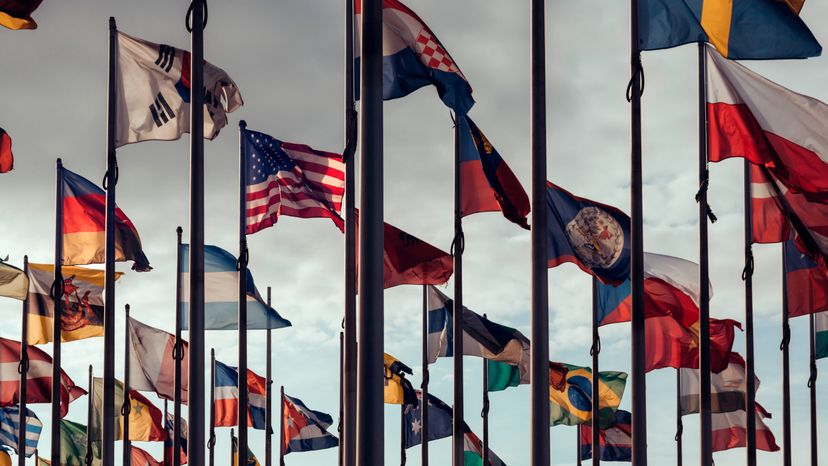
With almost 200 countries in the world, you’d have to be a pretty huge geography geek to know about about each and every single one of them. But every country has a story, and some of the ones you’ve never heard of have incredibly rich histories that are full of radical leaders who tirelessly fought for independence.
Collected here you’ll find 12 countries with very little global recognition—some of them are beautiful secret paradises, some of them are troubled by shaky economies, and a few of them are in very real danger of literally sinking into the ocean and being lost forever. But they all fly their own flag and their citizens all have their own unique sets of customs and practices that have come to define who they are.
Advertisement